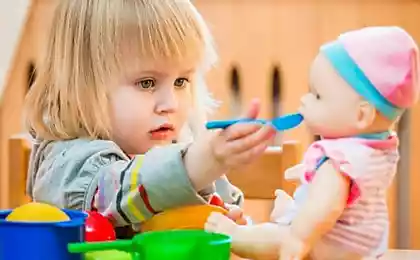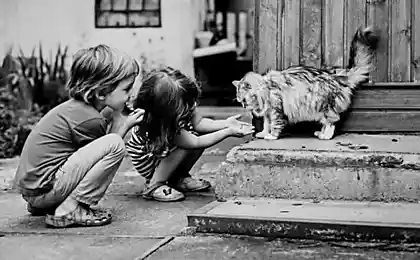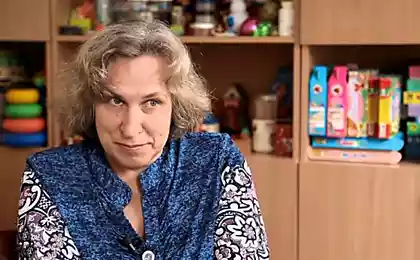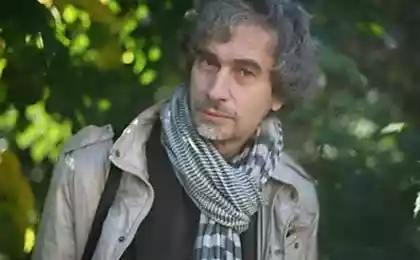162
How to Help Your Child Become Yourself
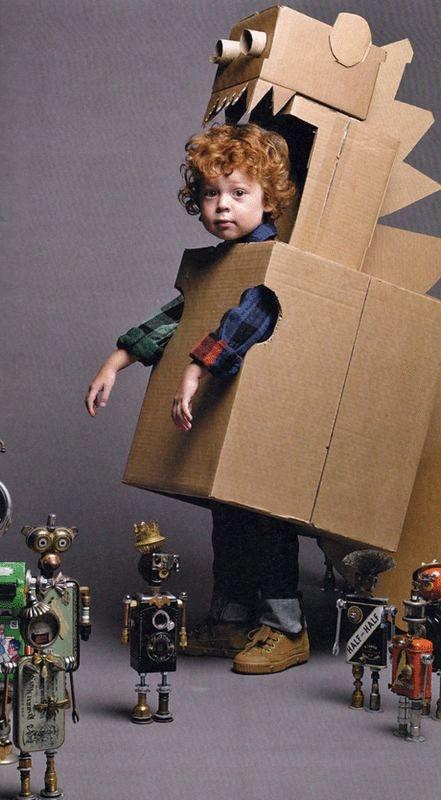
What can we, as parents, do to help manifest the life force hidden in the child, to cultivate independence, to develop originality and creativity, to awaken the desire for independence? We cannot force a child to value his individuality and uniqueness, his own self, we cannot oblige him to take initiative, to take responsibility, to have self-esteem, we cannot force him to be in a relationship with himself, to respect and accept other people’s borders.
All the above features, as well as many other manifestations of independence and independence, are associated with the process of psycho-emotional formation. The ultimate goal of the process of becoming is to become a viable being, to be filled with the life force that allows man to exist while being separated from his attachments. The vital energy that fills a person in the process of becoming is not just energy, it is energy radiant, non-future, self-sufficient. The concept of existentialism describes this kind of energy.
We can neither force the child nor teach him to penetrate into the essence of his “I”, to fill himself, but we can contribute to the process of becoming, remove obstacles in the way of the life force that is in the child, provide conditions for the manifestation of the energy of daring.
And here I would like to emphasize once again what I wrote in previous posts: if your child does not show interest in exploring the world around him, can not occupy himself, if he does not have the desire to be independent and take the initiative and take responsibility for the consequences of his actions, then the first thing to do is to go back to the origins, strengthen the attachment and try to nourish him with your love, give him the opportunity to relax in the relationship so that he does not spend all his energy fighting for attachment.
But let’s say that the child is full of attachment, full of contact and intimacy, and he has an excess of energy that he has the ability to direct to the exploration of the world around him and himself in this world. Below, I write about what parents can do to help unlock their child’s potential.
Help manifest the energy of boldness
Rule number one: nourish your child with affection. Set aside time for communication: hug, tell him how much you love him, take care of him. This is especially important before separation, when you send your child to places where you would like him to show the energy of daring: school, mugs, going to an unfamiliar place.
Encourage the child's initiative. Appreciate his own thoughts, ideas, hobbies. Put content above form. “Mom, I did it myself!” is more important than “Mom, do you like what I did?”
Provide materials. Paper, pencils, paints, plasticine, books, discs, as well as favorable opportunities for creative manifestation (“Soon it’s Grandma’s birthday, let’s draw her a postcard”).
Give your child space to express themselves.
Give the child the opportunity to get to the bottom of things yourself, do not push “early development”. A child who has learned to read on his own understands that he can get everything, he can get any knowledge on his own. This feeling is invaluable for the further process of becoming, when you realize that above is only heaven. Unfortunately, most urban children today do not have the luxury of feeling the excitement of the discovery that has just been made, of the fact that yesterday even the frightening and incomprehensible becomes clear and understandable today. We fill them with answers before questions arise.
Create voids to be filled with the energy of daring: time and place free from external pressure, from guidance and evaluation, from stimulation, from social communication. Organize a situation in which the child will be alone, without pressure, that something is expected of him, and without the opportunity to occupy yourself with something from the outside.
Free play
Ideally, free-of-stimulation time will be filled with free play. So first, you give the child contact and intimacy, you feed the attachment, and when the child is saturated, you observe. How long will it take him to start inventing, drawing, sculpting, building, playing for the sake of playing and not for any reward? Many parents play too much with their children. They become a constant playmate for their child and if the child is “bored”, then immediately rush to invent new entertainment. Try not to follow the child “I’m bored”, keep him in this state and wait for him to start looking for a source of entertainment within himself. “No, I can’t play with you right now. I'm not going anywhere, I'll be there, but I can't play with you.
Strengthen relationships, deepen attachment. The deeper the attachment, the more freedom the child gets to explore himself, to become himself.
Gradually expand the child’s controlled space
Another way to identify the energy of daring in a child is to give him control and responsibility. A child sitting in the driver’s seat of his life will feel that he is in control of his life and will strive to fulfill his potential.
Provide a space in which the child can safely exercise his will (“which dress do you want to wear, pink or lilac?”); where possible, give the child autonomy (“you can decide what time you go to bed”); suggest projects in which the child will be in charge (“you can decorate your room at will”); entrust the child with responsibility (“I think you are old enough, so if you want, you can make breakfast for everyone”).
Our task as a parent is to determine how much freedom and in what areas a child can afford, and gradually replace his or her leadership role with that of a counselor.
Maintain good intentions
If your child learns lessons only to be praised, if he cuddles with his grandmother to bargain for candy, and cleans his room for fear of not getting pocket money, then as soon as the incentive disappears, the behavior we desire will disappear. Only if the behavior is preceded by the intention to get a good grade, to caress your grandmother, to live clean, will this behavior be sincere. And it doesn’t matter if the child was able to fulfill his intention, as long as it was.
Try to keep your child motivated, even if in the end he forgot, distracted, didn’t finish: “I know you didn’t want it to happen,” “Let’s see if I can help you next time.”
Help your child set realistic goals, anticipate what might get in the way, and try to show it: “Sunshine, tomorrow your cousin comes to visit us, who you’ve been waiting for so long, do you think you’re old enough to share toys?” Can I count on you?
Be on the child’s side, support, inspire and identify him not with his unacceptable behavior, but with his good intentions, even if you are sure that he is talking about them, just to get rid of you: “It’s so nice to know that you didn’t want to eat a kilogram of candy, and just couldn’t stop.”
Protect your personality.
Provide a space free of shame. There is nothing more disheartening than the shame of showing one’s own individuality. This is especially true for those in whom the energy of daring is just beginning to manifest.
Try not to discount the “I can” motivation with praise or rewards. Praise may be given, but the child should not feel that your interest in his success is greater than his desire to succeed.
Don’t focus prematurely on form. We want to see a “beautiful” result so much that we begin to value form more than content. We teach children how to do things instead of supporting their passion. When the technique of playing the violin begins to become more important than the desire to play, we kill at the root the desire for self-expression, for the manifestation of the energy of daring.
When you work on form, let boldness lead.
Focus on aspirations, not achievements and merit. Value initiative over implementation. In training, try to follow the child, for his curiosity and interest. In the creative process, put originality and authenticity above execution.
I want to talk about the problem of early socialization. When we take children out into the outside world before they are emotionally ready, we are forced to put form above content, we are forced to pay more attention to how they behave than how they feel about the people they interact with. But the fact that you teach your child to say “thank you” and “sorry” will not mean that in his soul there will be gratitude or remorse for the act done. Unfortunately, when we encourage children to do the right thing without hesitation, we pave the way for narcissism.
The above can be summarized in three sentences:
(1) create a reliable womb
2) give the child space where he can express himself
(3) trust the process.
Olga Pisarik
Source:karpachoff.com
Source: /users/1077
Bridgestone has presented the new tyres that never descend
The only phone it's possible to buy in North Korea is government – approved










